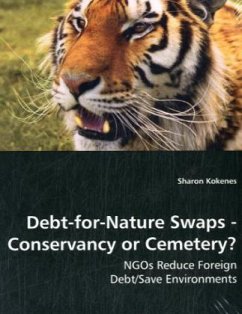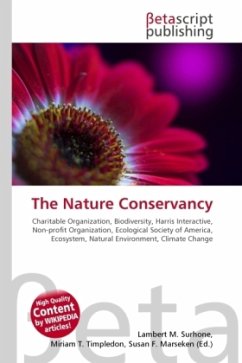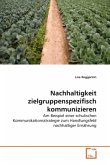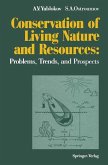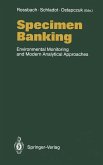A question that 21st century politicians and policy makersmust answer is whether the diversity of species that existed beforemankind will be preserved or succumb to the self-interests andpower of policymakers. Is there global ecological apathy or can wetranscend national political boundaries to protect our environment?The purpose of this study is to determine if debt-for-nature swaps(DNS) are a viable option in saving species and ecosystems. Areview of 24 completed DNS between 1988-2004 by World Wildlife, TheNature Conservancy and Conservation International were reviewed.The countries involved: Bolivia, Colombia, Costa Rica, Ecuador,Jamaica, Madagascar, Panama, Peru and Philippines were selected asthey represent a cross section geographically. The amount of debtvaried from $119,000 to $19,000.000 (US dollars). The NGO?s pay offa portion of the foreign debt at a discount and the money saved isinvested in environmental preservation. The country involvedretains sovereignty of the ecological project. Man needs to learnhow to coexist with the various ecosystems that were here beforemankind, and how to preserve the biodiversity for generations yetto come.
